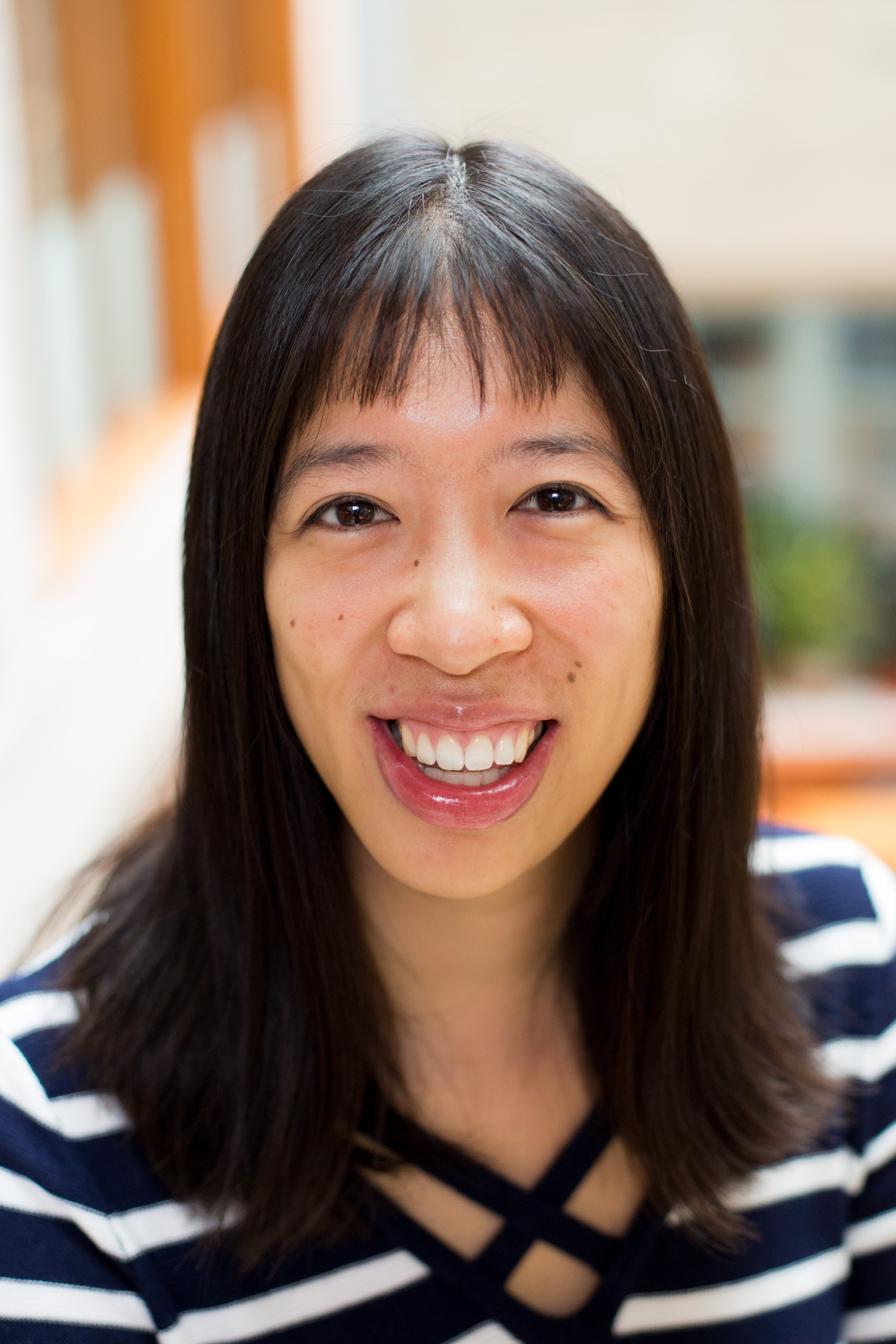Wen-fai Fong to Receive 2024 Berkeley Prize
Astrophysicist Wen-fai Fong will receive the 2024 Lancelot M. Berkeley–New York Community Trust Prize for Meritorious Work in Astronomy. Bestowed annually since 2011 by the American Astronomical Society (AAS) and supported by a grant from The New York Community Trust, the Berkeley prize includes a monetary award and an invitation to give the closing plenary lecture at the AAS winter meeting. The 243rd AAS meeting will be held in New Orleans, Louisiana, from 7 to 11 January 2024.

Wen-fai Fong (Northwestern University) is being honored with the 2024 Berkeley prize for her leadership of foundational work that is greatly advancing our understanding of explosive astrophysical transients and their host galaxies. These transients include short gamma-ray bursts, which are powerful flashes first seen as high-energy light; fast radio bursts, which are brief flashes of radio emission; and electromagnetic counterparts to gravitational-wave signals.
Fong partners with her research group at Northwestern’s Department of Physics and Astronomy as well as the Center for Interdisciplinary Exploration and Research in Astrophysics (CIERA). The Fong Group uses observations spanning the electromagnetic spectrum to unveil the origins of these powerful transients, putting the pieces together from different wavelengths to tease out their properties to ultimately understand the physics behind them and their uses as probes of the otherwise unseen universe. Fong is also co-leader of the Fast and Fortunate Fast Radio Burst Collaboration (F4), an international collaboration that follows fast radio bursts and their host galaxies, as well as co-founder and co-PI of the Searches After Gravitational Waves Using Arizona Observatories (SAGUARO) Collaboration, a specialized network of telescopes that searches for and identifies optical light from gravitational-wave events.
The research conducted by Fong and her group uses observations from a large variety of telescopes spanning radio, optical, near-infrared, and X-ray wavelengths on the ground and in space to explore questions such as: What are the energy sources powering astrophysical transients? What is the composition of material ejected from these sources, and what can this tell us about the birthplaces of heavy elements? What environmental conditions are required to host these transients? What can we learn from this about the formation of extreme compact objects?
Fong’s past multiwavelength observational campaigns played a key role in demonstrating that a short gamma-ray burst can originate from the merger of two dense stellar remnants known as neutron stars — a collision that also produces a burst of gravitational waves identifiable by detectors like the Laser Interferometer Gravitational-Wave Observatory (LIGO). More recently, Fong has also tackled the challenge of observing fast radio bursts and working to understand what causes them. “Short gamma-ray bursts and fast radio bursts actually have eerily similar stories. For decades, we did not know exactly what caused short gamma-ray bursts and now, thanks to the nascent era of gravitational wave discovery, we have direct evidence to their origins. We are still in the infant stages of discovery for fast radio bursts, but there is worldwide momentum in understanding their origins and uses as probes, making it a truly exciting field to dive into,” says Fong.
Each year the three AAS Vice Presidents, in consultation with the Editor in Chief of the AAS journals, select the Berkeley prize winner for meritorious research published within the preceding 12 months. For 2024, the Berkeley Prize recognizes not just one article, but the remarkable broader body of work published by Fong, her research group, and her collaborations in the past year. “Dr. Fong’s ongoing research programs have played a critical role in expanding our knowledge of the transient universe,” AAS Vice President Grant Tremblay states.
Fong earned Bachelor of Science degrees in physics and biology at the Massachusetts Institute of Technology in 2008 and a PhD in astronomy & astrophysics at Harvard University in 2014. She held a NASA Einstein Postdoctoral Fellowship at Steward Observatory, University of Arizona, followed by a NASA Hubble Postdoctoral Fellowship at Northwestern University. Fong began her present appointment as faculty at Northwestern University in 2018. The importance of her research group’s work has been recognized with Packard and Sloan Research Fellowships. In addition, Fong’s role as a teacher-scholar and her commitment to cultivating an inclusive environment have been recognized with an NSF CAREER Award and a Cottrell Scholars Award. She was selected as an AT&T Research Fellow by Northwestern in 2023.
Contacts
Image:
https://aas.org/sites/default/files/inline-images/Wen-faiFong.jpg
Wen-fai Fong, an astrophysicist at Northwestern University, will receive the 2024 Lancelot M. Berkeley–New York Community Trust Prize for Meritorious Work in Astronomy. She’ll present her prize lecture at the 243rd meeting of the American Astronomical Society, to be held in New Orleans, Louisiana, on 11 January 2024. Photo by Eileen Molony, provided by Wen-fai Fong.
The New York Community Trust is a public charity and New York City’s largest community foundation. It connects generous people and institutions with high-impact nonprofits making the city, Westchester, and Long Island better places for all. It builds stronger communities, influences public policy, fosters innovation, improves lives, and protects our environment.
The American Astronomical Society (AAS), established in 1899, is a major international organization of professional astronomers, astronomy educators, and amateur astronomers. Its membership of approximately 8,000 also includes physicists, geologists, engineers, and others whose interests lie within the broad spectrum of subjects now comprising the astronomical sciences. The mission of the AAS is to enhance and share humanity’s scientific understanding of the universe as a diverse and inclusive astronomical community, which it achieves through publishing, meetings, science advocacy, education and outreach, and training and professional development.


